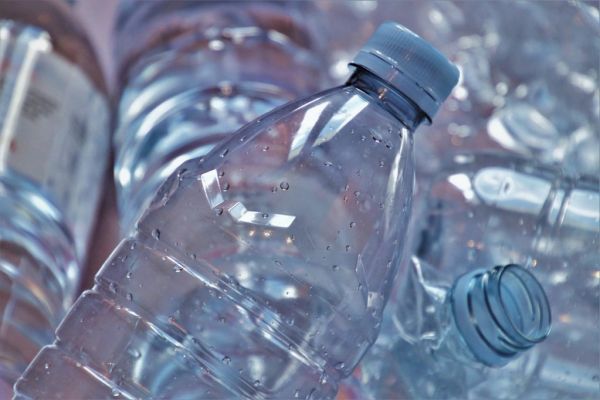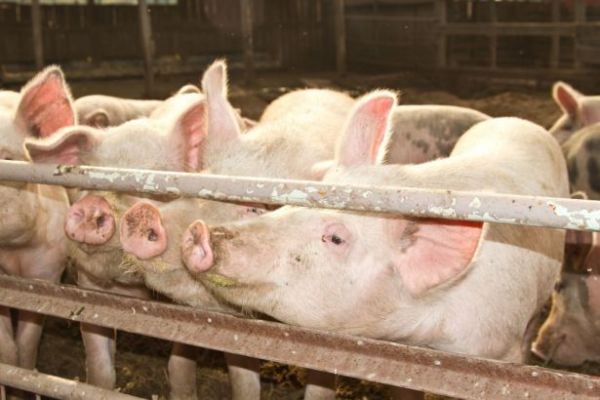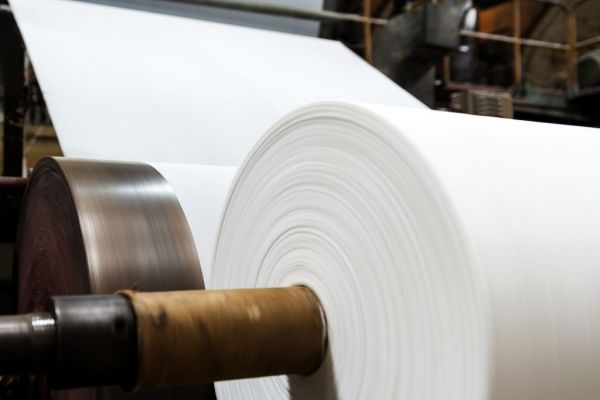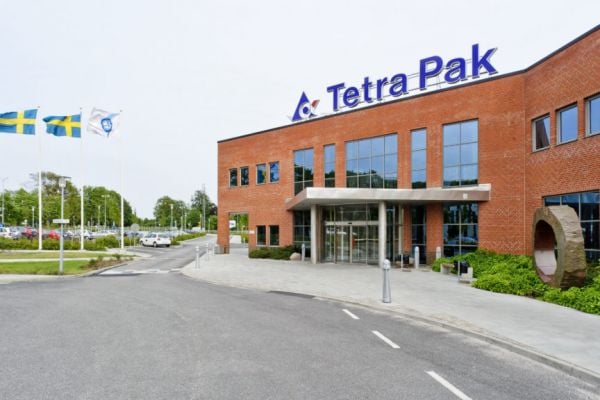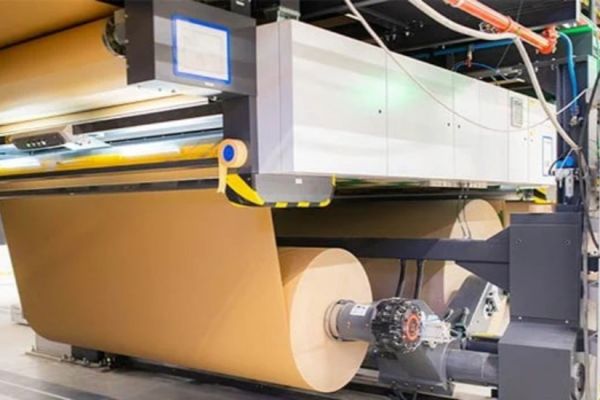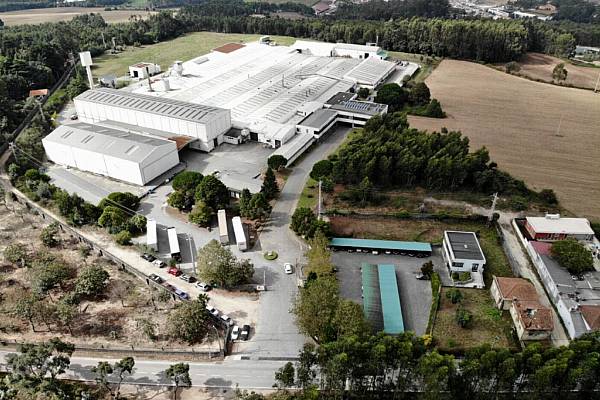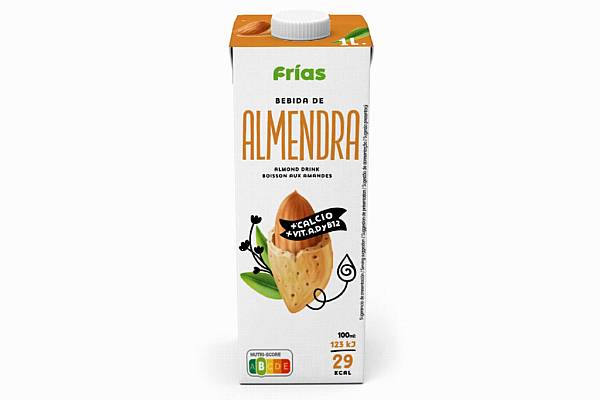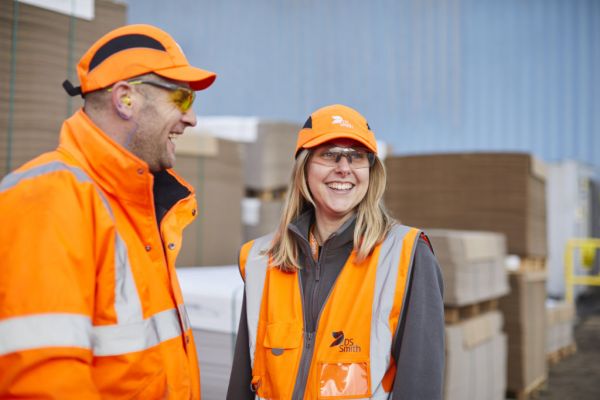A proposed regulation to reduce packaging waste and promote sustainability looks set to trigger ‘significant’ changes in the packaging industry, a new report from Rabobank has suggested.
The EU’s Packaging and Packaging Waste Regulation (PPWR), which is still in the proposal stage, will require producers to revise their product portfolios and sourcing processes, in order to ensure compliance.
In addition, investment in infrastructure for waste collection and recycling will be necessary to meet the targets set by the regulation, Rabobank noted in its report, Unboxing the EU’s Packaging and Packaging Waste Regulation Proposal.
The final text of the PPWR is expected to be presented in spring 2024, with countries including the regulation in their national laws by early 2025.
As well as setting targets for recycling, reusing, refilling, and waste reduction, the regulation will outline specific design criteria for higher packaging recyclability and mandate the establishment of deposit return systems for beverage containers made of plastic and metal.
‘Start Planning Now’
“Although the regulation is not yet final and some of the targets are years, or even decades, away, packaging producers, recyclers, governments and anyone affected by the PPWR should start planning for the impacts that this regulation will have on their operations,” commented Regina Mestre, analyst – packaging, at Rabobank.
“These players would do well to identify strategies and alliances that will help them adapt to the changes to come in the European packaging landscape.”
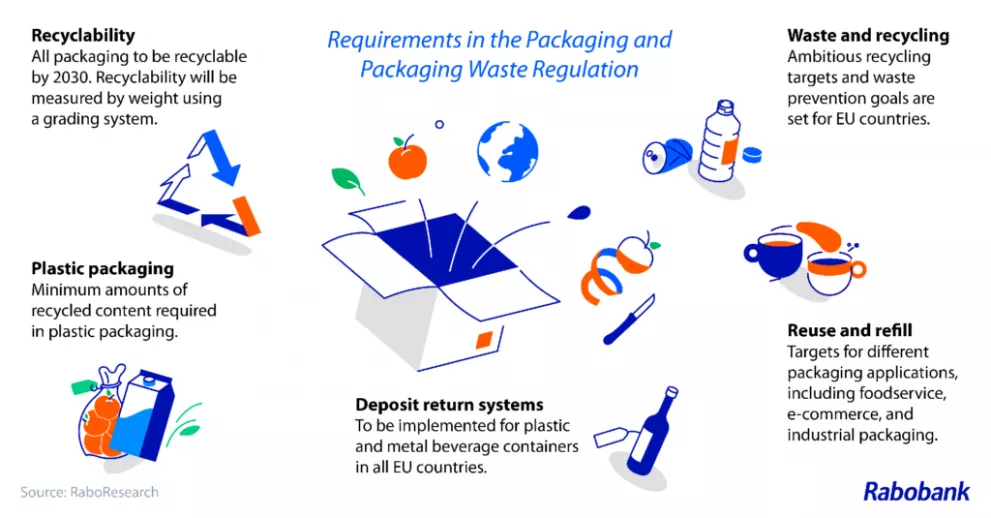
Broader Requirements
The introduction of the PPWR will necessitate packaging producers and companies marketing packaging to consider a broader range of requirements for their products and operations.
For example, in order to meet recyclability criteria, packaging producers – and, in some instances, producers of packaged goods – will need to reevaluate their product offerings and, if necessary, reconfigure them using alternative materials.
Elsewhere, to adhere to the regulations pertaining to recycled content in plastic packaging, manufacturers will have to adjust their sourcing strategies to secure access to recycled materials and, in certain cases, modify their existing products to align with the proposal’s targets. These alterations may prompt packaging producers and users to reconsider their material choices, potentially leading to material substitution.
Also, additional investments in packaging waste collection and recycling infrastructure will be required to match the requirements set by the regulation, especially with regard to recycling targets and the implementation of deposit refund systems.
“While the exact effect is not clear yet, we can anticipate some of the impacts,” Mestre said of the regulation.
Read More: Competitiveness Of European Paper Packaging Firms ‘Under Pressure’, Notes Rabobank
